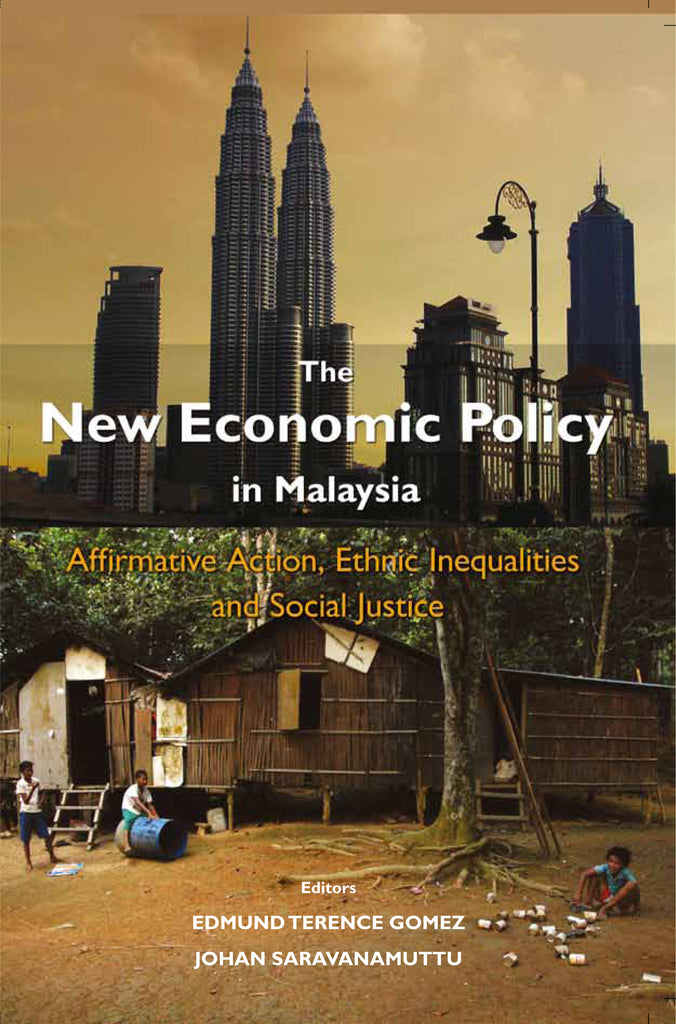The New Economic Policy in Malaysia: Affirmative Action, Ethnic Inequalities and Social Justice
$38.00 SGD
For more than 40 years, the New Economic Policy and its successor programs have shaped Malaysia's socioeconomic development and the allocation of political power. The original policy sought to eradicate poverty and achieve economic parity among the country's various ethnic communities. However, it was based on an apparent paradox - the use of ethnic preference to promote national unity. The policy's core tenet was affirmative action on behalf of the Bumiputera community.
Drawing on a wealth of statistical and documentary evidence, this major new book provides a comprehensive and rigorous assessment of the NEP. The contributors show that there have been some positive outcomes, among them a considerable reduction of poverty, greater interethnic equity parity and the emergence of a resourceful Bumiputera middle class. But these partial successes have to be weighed against persistent complaints associated with increasing intraethnic Bumiputera income disparities; the emergence of a small, politically powerful and disproportionately wealthy Bumiputera elite; a serious brain drain; and weak human capital. As a result, divisive debates about group rights, ethnic identity and an elusive national unity dominate Malaysia's policy discourse. The New Economic Policy in Malaysia offers a timely and fresh perspective, suggesting that the long-term implementation of racially-targeted policies reinforces stereotypical ethnic identities and hinders the creation of a more inclusive society.
"...this volume still stands out for bringing together a number of academics renowned for their research on Malaysia. Its composition also constitutes a multi-disciplinary approach and multi-layered perspective on the NEP that is otherwise hard to find, backed by a considerable amount of qualitative and quantitative data that is a valuable resource in itself and a sound point of departure for further research." - Frederik Holst
“Neatly organised into five parts, and backed by a wealth of statistical data and qualitative evidence, the chapters are well-written and well-argued throughout. As such, it is hard to demur from the general conclusion that race-based affirmative action has outstayed its welcome. This book deserves to be required reading for all Malaysian policymakers.” - Nicholas J. White
Edmund Terence Gomez is Professor of Political Economy at the Faculty of Economics and Administration, University of Malaya.
Johan Saravanamuttu is Visiting Senior Research Fellow at the Institute of Southeast Asian Studies, Singapore.
Publication Year: 2012
394 pages, 229mm x 153mm
ISBN: 978-9971-69-669-6, Paperback
NUS Press

